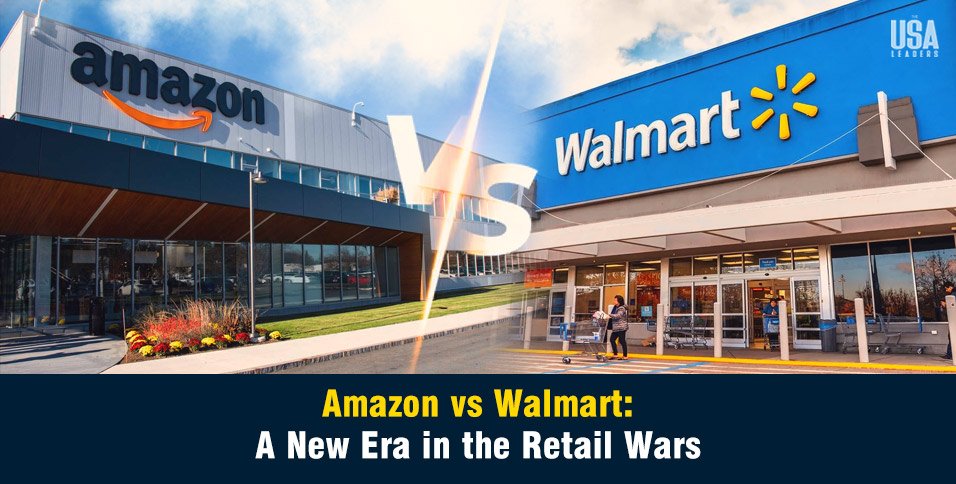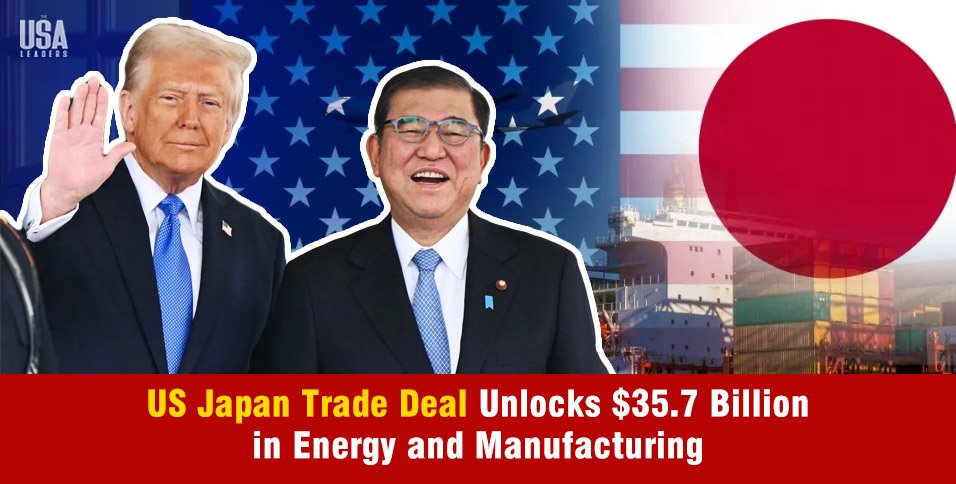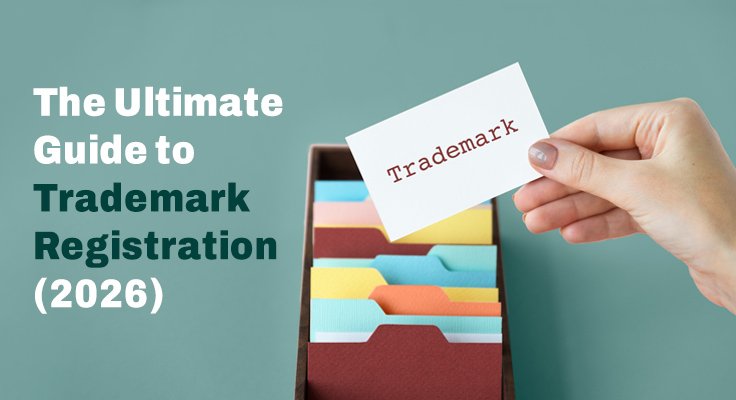The USA Leaders
July 17, 2025
Irving – In a stunning move that has rocked the global retail landscape, the $47 billion 7-Eleven takeover bid cancelled by Alimentation Couche-Tard has left many wondering what went wrong. What could have been one of the largest mergers in global retail history came to an abrupt end, raising questions about why this massive 7-Eleven takeover bid fell apart. After almost a year of negotiations, what forced the deal to collapse? Was it the regulatory hurdles, internal resistance, or something deeper?
As we delve into the reasons behind this monumental decision, it’s hard not to draw parallels with other high-profile deal cancellations, such as the Nissan-Honda partnership, which also faced regulatory and corporate challenges just months ago. Are we witnessing a shift in the way Japanese companies view cross-border mergers?
Key Details of the Failed Bid
Couche-Tard’s 7-Eleven takeover bid, valued at approximately $46–47 billion (¥6.77 trillion), was more than just a corporate transaction—it was set to reshape the global convenience store market.
When Couche-Tard initially approached Seven & i last summer with the 7-Eleven takeover bid, the deal seemed poised to create a powerful new player in the global retail space. However, after several months of tense negotiations, the deal faced insurmountable challenges—from regulatory hurdles to internal resistance at Seven & i.
History of Couche-Tard and Seven & i Negotiations
The negotiations between the two companies spanned nearly a year, with several key moments along the way. Here’s a detailed timeline of the events that led to the cancellation of the 7-Eleven takeover bid:
- August 19, 2024: Couche-Tard’s initial offer for Seven & i’s shares was made public. While the bid was friendly, the details of the offer were initially not disclosed.
- September 6, 2024: Seven & i’s board rejected Couche-Tard’s initial cash offer of $14.86 per share. The board argued that it undervalued the company and was “opportunistically timed” amid market volatility.
- September 8–9, 2024: Couche-Tard expressed disappointment at the rejection but signaled its willingness to negotiate further. Seven & i responded that it would only consider a proposal that “recognized its intrinsic value” while addressing the regulatory concerns that might arise.
- October 9, 2024: Couche-Tard came back with a revised offer that was reportedly 22% higher than the original proposal. This new offer valued Seven & i at around $47 billion, but regulatory issues continued to loom large.
- November 13, 2024: The negotiations took a dramatic turn when a new management buyout proposal from a member of Seven & i’s founding Ito family surfaced.
- January 24, 2025: At Seven & i’s request, Couche-Tard presented a yen-based proposal to accommodate the fluctuating exchange rates. However, the deal still failed to gain traction as concerns about regulatory approval remained unresolved.
- February 27, 2025: With the Ito family’s buyout bid failing to secure funding, Seven & i resumed discussions with Couche-Tard, but tensions were already escalating.
- March 6–9, 2025: The two companies began working together to identify store portfolios for potential divestiture to satisfy U.S. competition regulators. However, they clashed over sequencing—Couche-Tard wanted an agreement first, while Seven & i insisted on sorting divestitures beforehand.
- March 10, 2025: Couche-Tard’s frustration grew, citing “very limited” engagement from Seven & i’s leadership.
- May 1, 2025: Both companies entered a non-disclosure agreement to continue discussions and due diligence, showing that negotiations were still ongoing and attempts to salvage the deal continued.
- June 25, 2025: Couche-Tard signaled cautious optimism, suggesting that progress was being made on the deal despite the challenges. The companies seemed to be closer to a resolution.
- July 1, 2025: In-person talks were held in Tokyo, where Seven & i proposed a structure that would allow it to exchange its U.S. 7-Eleven unit for a stake in Couche-Tard. This proposal was rejected by Couche-Tard, which saw it as less beneficial for shareholders.
- July 16, 2025: After months of frustration and growing tensions, Couche-Tard officially withdrew its acquisition proposal, citing a persistent lack of constructive engagement from Seven & i. Couche-Tard accused Seven & i of engaging in a “calculated campaign of obfuscation and delay” that ultimately harmed shareholder value.
Impact of Bid Cancellation on 7-Eleven Stock
When the 7-Eleven takeover bid fell apart, so did Seven & i’s stock price. The company’s shares had surged by over 20% in response to the takeover offer, but that optimism quickly evaporated when regulatory challenges and corporate resistance became clear. Investors who had hoped for a buyout premium were left with uncertainty, and shares plummeted as the bid was withdrawn.
How Does Takeover Bid Cancellation Impact 7-Eleven?
The failed 7-Eleven takeover bid leaves several questions unanswered, particularly around how Seven & i will proceed in a rapidly changing global retail environment. With growing pressure from investors and increasing competition, Seven & i must now prove it can deliver value without the cushion of a large-scale merger. But can it? Or is the cancellation of the deal a sign of more challenges ahead for 7-Eleven?
The Future Outlook for 7-Eleven
As the 7-Eleven takeover bid cancelled by Couche-Tard, it doesn’t just leave Seven & i’s future in question—it could reshape the retail sector in ways we can’t yet predict. For 7-Eleven, it’s business as usual—for now. But without the acquisition’s promised synergies, it faces a challenging road ahead. Will 7-Eleven be able to continue dominating the convenience store space, or has it missed its chance to compete on a truly global scale? The market will be watching closely to see how Seven & i responds to the failed deal and whether the company can reinvent itself amidst growing pressure from shareholders and global competition.
Also Read: ASML Outlook 2026 States Almost “No Growth”: Are Trade Tensions Killing AI Growth Pace?





























